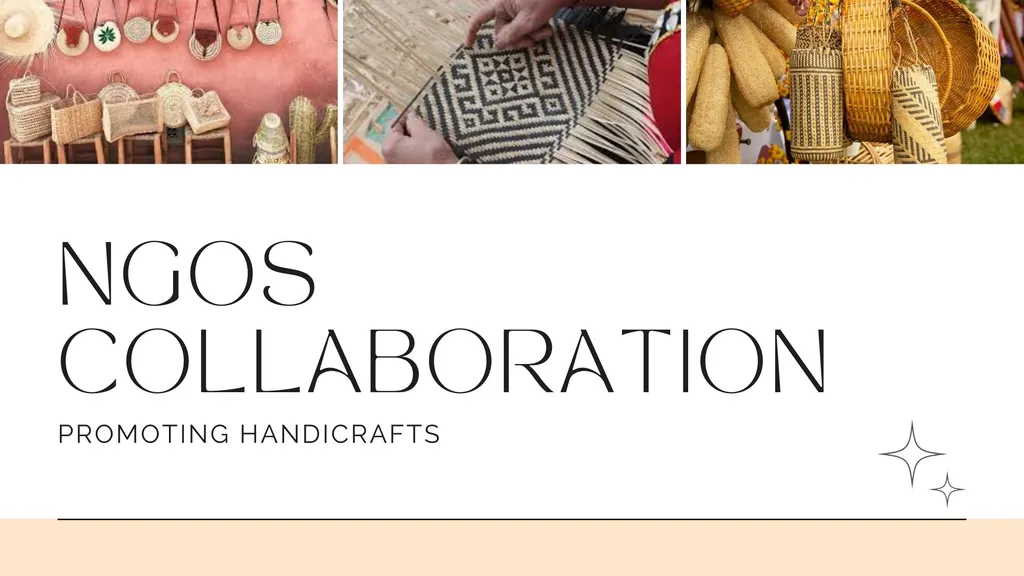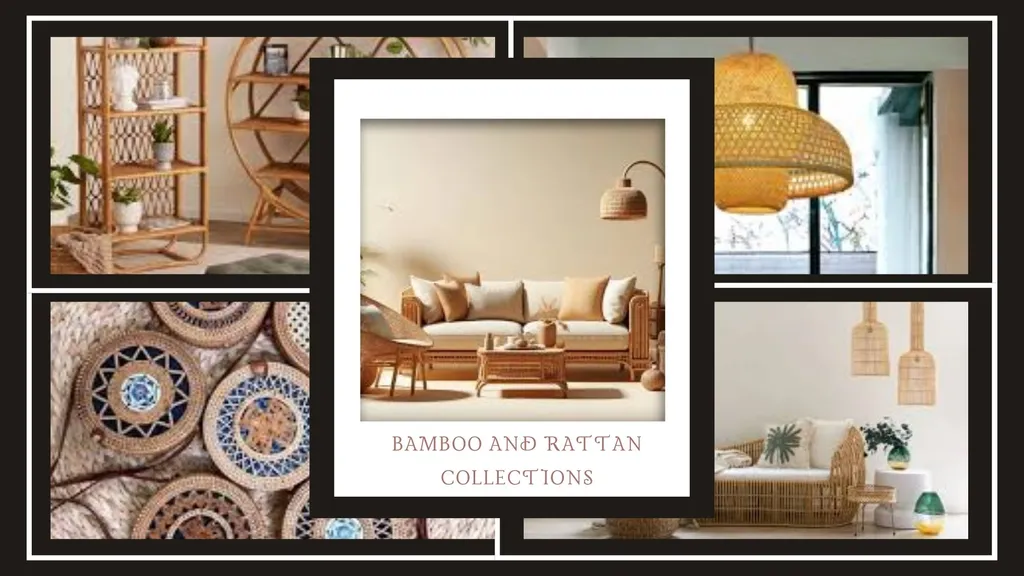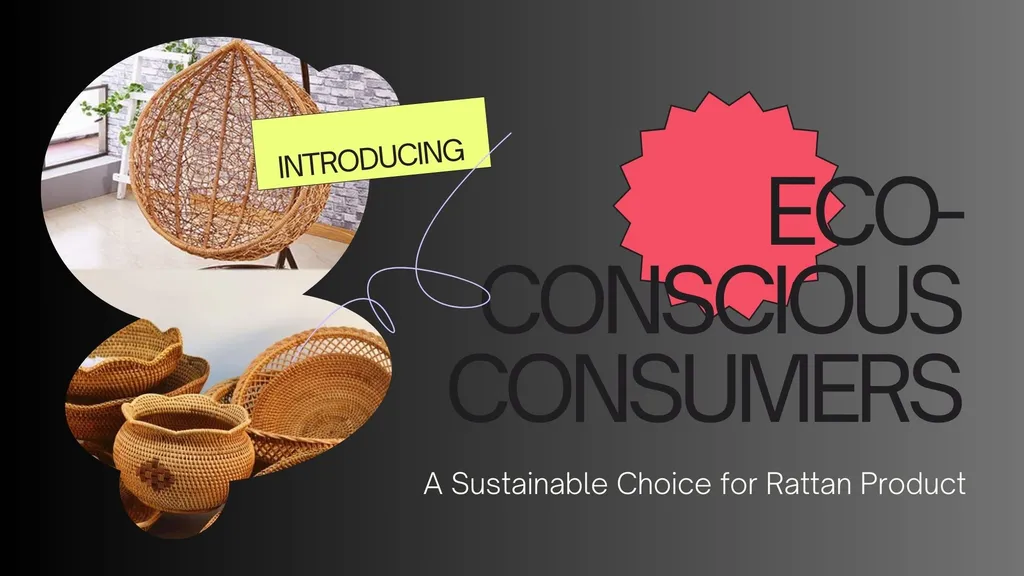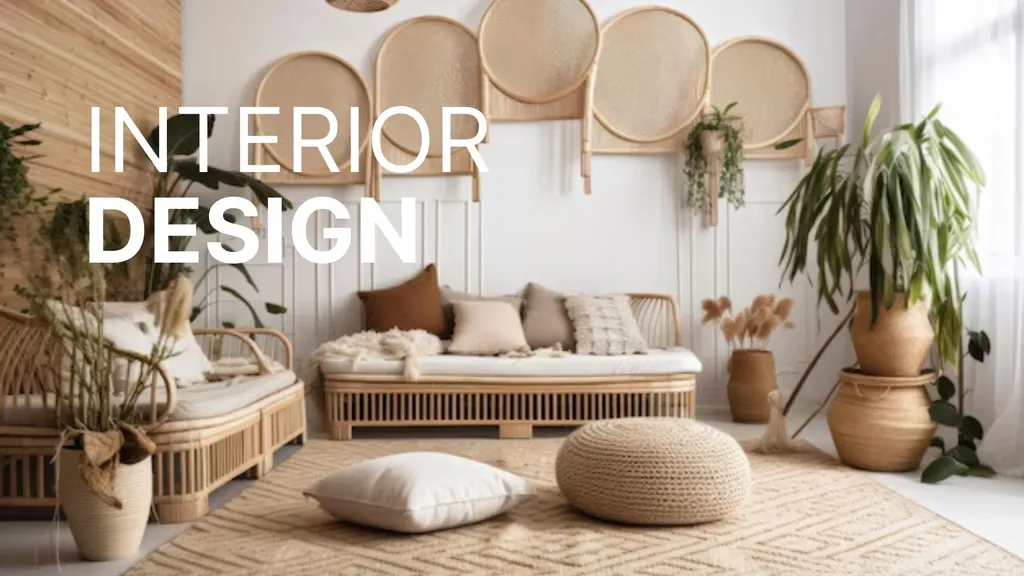Contents
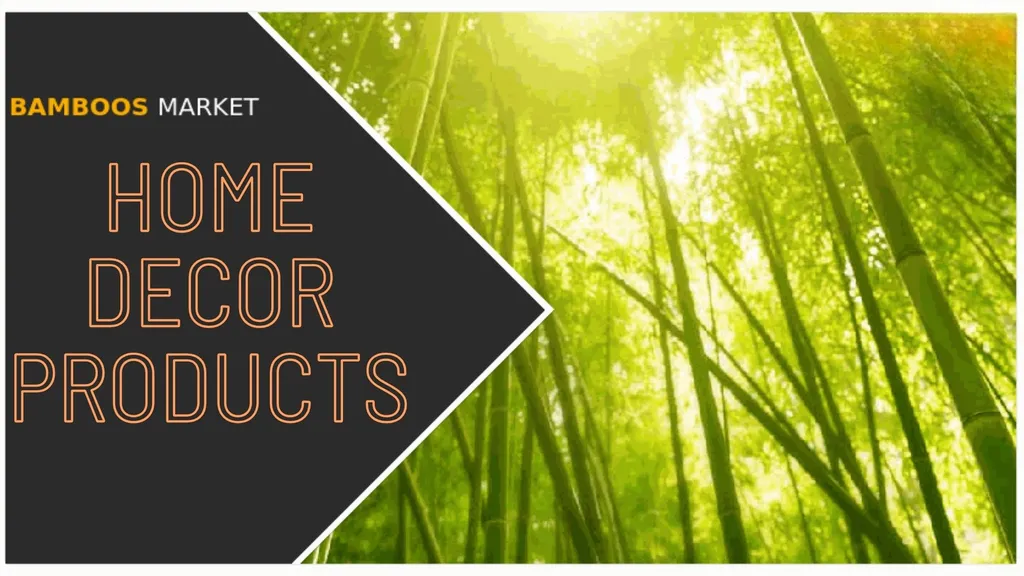
In recent years, bamboo home decor products have emerged as a beacon of sustainability and innovation in the world of interior design. As time-honored aesthetics meet modern eco-consciousness, the allure of bamboo is undeniable. The natural warmth and abundant versatility of bamboo make it an attractive alternative to traditional home decor materials. The bamboo home decor market is experiencing a dynamic shift, largely fueled by an increasing global consciousness towards sustainable living and environmental responsibility. This transformation is anticipated to drive significant growth, inspiring a resurgence in the use of bamboo not only in traditional settings but in contemporary ones too. Innovative designs that marry form and function are capturing the imagination of designers and homeowners alike, suggesting a future where bamboo solutions are not just alternatives but preferred choices..
Current Market Size
The bamboo home decor market is a vibrant segment of the broader bamboo products industry, valued at approximately USD 58.23 billion in 2022. With a projected compound annual growth rate (CAGR) of 5.35% through 2028, the sector is poised for steady expansion. Consumers’ increasing preference for sustainable, eco-friendly materials drives this growth, positioning bamboo as a leader in reducing reliance on environmentally harmful alternatives.
Projected Growth Rates
The bamboo home decor industry is expected to see robust growth, with the broader bamboo market forecasted to reach USD 105.36 billion by 2032, growing at a CAGR of 4.59% from USD 73.59 billion in 2023. Bamboo home decor is set to capture a significant share, fueled by rising consumer demand for sustainable resources and eco-conscious lifestyles. This growth reflects a lasting shift toward environmentally responsible consumerism.
Key Drivers of Market Growth
Several factors are propelling the bamboo home decor market forward:
Sustainability Demand: Bamboo’s status as a rapidly renewable resource with minimal environmental impact appeals to eco-conscious consumers.
Versatility: Bamboo’s adaptability allows for innovative designs across various styles, from minimalist to ornate.
Health Benefits: Its natural antimicrobial and hypoallergenic properties align with health-conscious trends.
Government Support: Policies and subsidies promoting sustainable materials boost bamboo’s adoption.
Urbanization: Growing urban populations seek minimalist, eco-friendly decor solutions, further driving demand.
Sustainable Trends Shaping the Market
Sustainability is at the core of bamboo’s appeal. Eco-certifications like the Forest Stewardship Council (FSC) enhance consumer trust by ensuring responsible sourcing. Bamboo’s ability to blend durability, style, and environmental benefits resonates with consumers prioritizing sustainable living. This trend aligns with economic goals of reducing dependency on finite resources, making bamboo a cornerstone of responsible consumption.
Bamboo vs. Traditional Materials
Compared to traditional materials, bamboo offers distinct advantages:
Sustainability: Unlike hardwoods, bamboo can be harvested repeatedly without replanting, reducing deforestation.
Durability: Its strength and resistance to pests and moisture rival traditional materials.
Cost-Effectiveness: Bamboo’s rapid growth lowers production costs, making it an economical choice.
Aesthetic Appeal: Bamboo’s natural texture complements modern design trends while maintaining eco-friendliness.
Consumer Preferences
Consumers increasingly choose bamboo home decor for its environmental and health benefits. Its hypoallergenic and antimicrobial properties appeal to health-conscious buyers, while its minimalist aesthetic suits eco-friendly design trends. Bamboo represents more than a material choice—it’s a statement of sustainability and simplicity, reflecting evolving consumer values.
Emerging Markets
Regions like Asia-Pacific, Latin America, and Africa are becoming key markets for bamboo home decor. Rising disposable incomes, urbanization, and growing awareness of sustainable living drive demand in these areas. Bamboo’s cultural significance and modern applications make it a natural fit for these expanding markets.
Impact of Eco-Friendly Certifications
Eco-certifications like FSC play a crucial role in building consumer confidence. By verifying sustainable sourcing, these labels enhance market credibility and encourage ethical consumption. Certifications are a powerful tool, shaping both consumer preferences and manufacturing practices toward greater sustainability.
Innovations in Bamboo Home Decor
Innovative designs are pushing bamboo home decor to new heights. Multifunctional furniture, such as bamboo coffee tables with storage, and bamboo textiles for soft furnishings are gaining popularity. Customizable wall panels and decor items allow consumers to personalize their spaces, blending style with sustainability.
Future Marketing Prospects
The future of bamboo home decor is bright, driven by sustainability trends and technological advancements in bamboo processing. E-commerce platforms and niche marketing strategies will expand reach, while innovative designs will capture consumer interest. Leveraging sustainability narratives will be key to driving market growth.
For high-quality, sustainable bamboo home decor, explore the offerings of Ethical Handicraft Manufacturer (EHM), a leader in eco-conscious craftsmanship.


